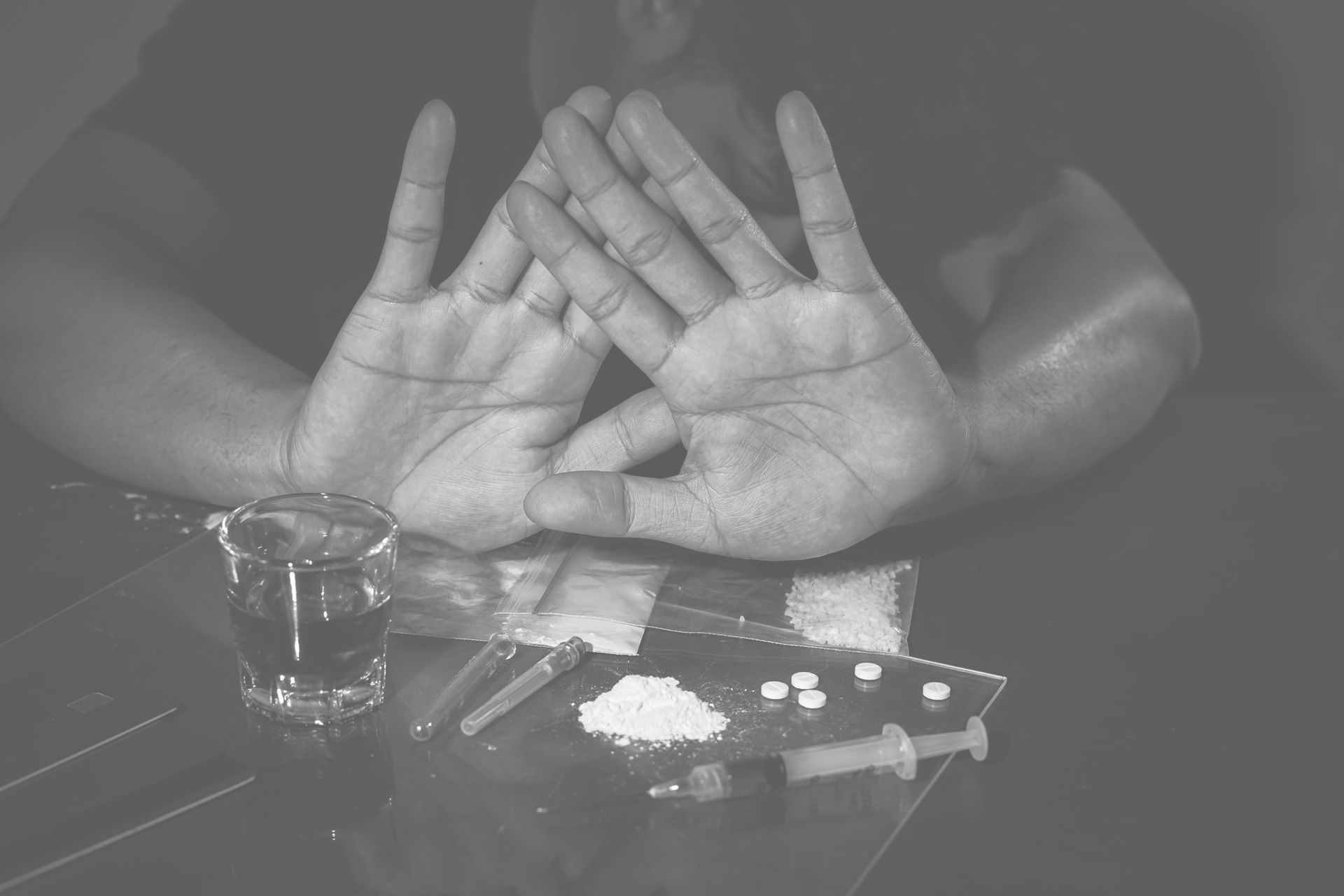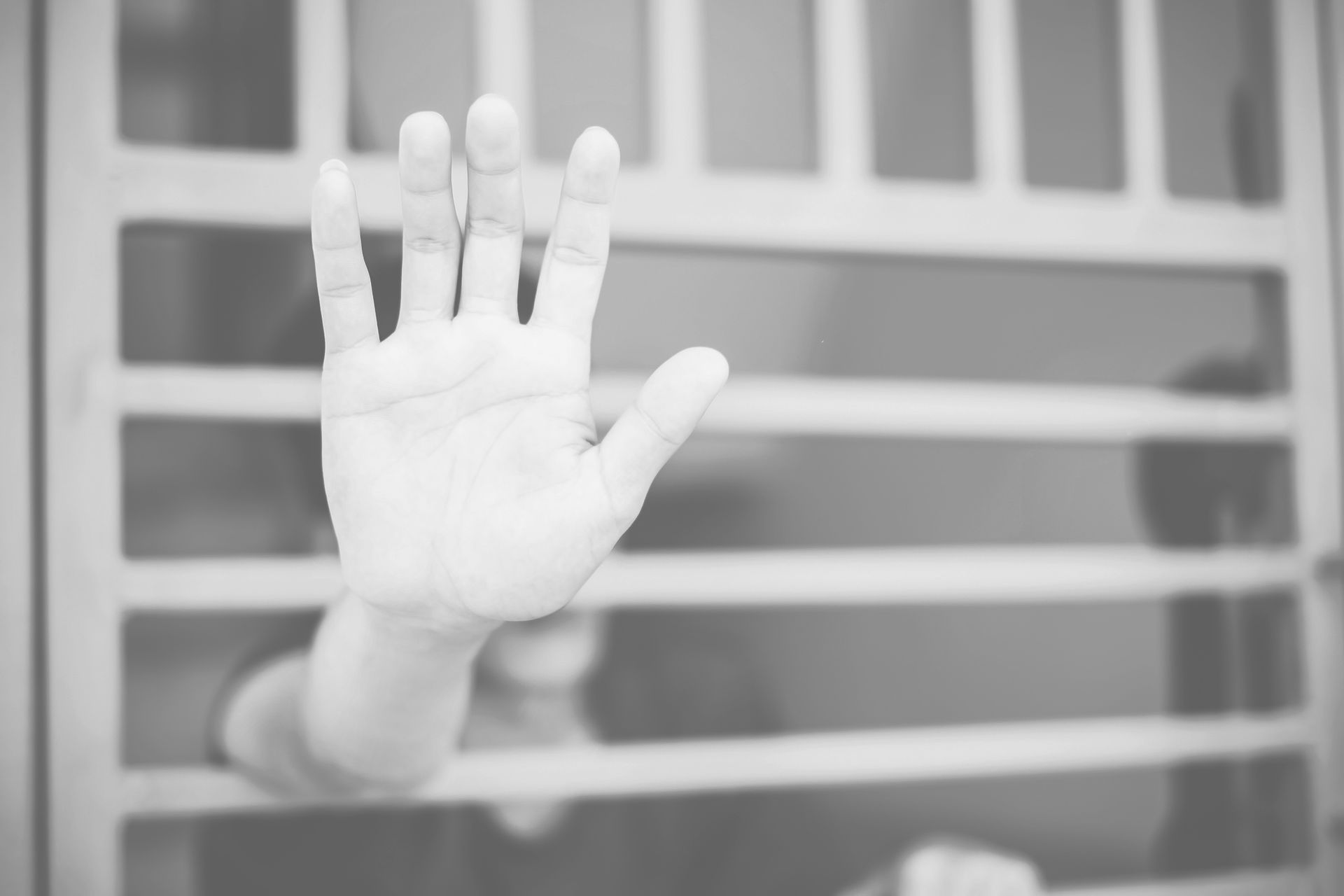Rolando Cantu is the founding attorney of the Law Office of Rolando D. Cantu. He is committed to providing aggressive and high level legal representation—successfully defending clients charged with state and federal criminal offenses. He works on every case as a priority with personal attention, while prioritizing their needs.
Contact Info
515 Pecan Blvd. McAllen,
Texas, United States 78501
Tel. +1 956-267-9898
Email: cantulaw@outlook.com
Call Now for a FREE CONSULTATION (956)-267-9898
Improper Relationship Between Educator and Student Texas
Written by Law Office of Rolando Cantú, reviewed by Rolando Cantú
Improper Relationship Between Educator and Student Texas
Texas Improper Relationship Between Educator and Student law is a specific felony offense under Texas Penal Code §21.12 or the educator and student law. This law prohibits sexual contact or intercourse with or other inappropriate conduct with a student, regardless of that student’s age. It is enacted to protect students and to fix the boundaries of the moor and enforce ethics and it has got heavy legal and professional consequences for accused employees of public or private primary or secondary schools.
If they charge you with this you need a good defense. Contact a skilled McAllen criminal lawyer from The Law Office of Rolando Cantu if you are going through a McAllen criminal case. This way we protect your rights and your reputation. Contact us today for a consultation.
- Understanding the Improper Relationship Law in Texas
- Key Provisions of Texas Penal Code §21.12
- Types of Improper Relationships
- Deviate Sexual Intercourse and Other Prohibited Conduct
- Affirmative Defenses for Educators
- Challenges and Misinterpretations of the Law
- Penalties for Violating §21.12
- Investigation and Prosecution
- How an Improper Relationship Between Educator and Student is Investigated and Prosecuted
- The Role of Social Media in Teacher-Student Relationships
- Defending Against Improper Relationship Accusations
- Addressing False Accusations
- FAQs About Improper Educator-Student Relationships
- Protecting Your Reputation and Career
Understanding the Improper Relationship Law in Texas
Key Provisions of Texas Penal Code §21.12
Under Texas Penal Code §21.12, an improper relationship between educator and student in a primary or secondary school includes:
- An educator and a student enrolled at the school where the educator works engages in sexual contact, sexual intercourse or deviate sexual intercourse with each other.
- Educator conducts with a student in the school district in which the educator is or is not certified when the student is enrolled in the same district.
- Whether in person or online, solicitation of or communication of a sexual nature with students enrolled, regardless of student age.
These provisions are to protect students from abuse and protect professional boundaries. If you do violate this law, you face up to 20 years in prison and fines up to $10,000.
Types of Improper Relationships
Problems in Texas between educators and students can take many forms, all with very serious legal implications under the Texas Penal Code. These include:
- Deviate Sexual Intercourse: This term encompasses all types of nonpenile vaginas intercourse (anal or oral) between an educator and student. Deviate sexual intercourse with a student is a serious violation of law.
- Sexual Contact: It's any intentional touching of the sexual or intimate parts of a person to arouse or gratify someone's sexual desire. Contact between an educator and a student is strictly prohibited.
- Sexual Intercourse: Penetration of the female sex organ by the male sex organ is this. The only exception to this is if the student is of the age of consent — and any sexual intercourse is illegal with any student, regardless of their age.
- Online Solicitation of a Minor: The other form of improper relationship is using the internet or other electronic means to solicit a minor for sexual purposes. That would also include sending explicit messages or even making an appointment to have sex.
Deviate Sexual Intercourse and Other Prohibited Conduct
Texas takes very seriously any Deviate sexual intercourse or other form of prohibited conduct. Deviate sexual intercourse involving an educator and a student—any nonpenile-vaginal intercourse—is a grave offense. Sexual communication, contact, and other forms of intercourse undermine trust and safety within an educational environment, this type of conduct.
Another important area is the solicitation of a minor online. As digital communication has risen, educators must be even more careful with their interactions with students online.
Affirmative Defenses for Educators
While the penalties are severe, Texas law provides two affirmative defenses:
- At the time of the alleged offense, the student was married to the educator.
- The relationship started before the educator was hired at the school, and the educator was not more than three years older than the student.
The Texas Penal Code also outlines specific offenses that secondary school commit in relation to improper relationships between educators and students.
These defenses recognize specific situations where the relationship might not involve abuse of authority or professional misconduct.
Challenges and Misinterpretations of the Law
Controversy over the broad application of the law has given particular fuel to those questioning the limits of its application to consenting adults. For instance:
- In Texas, for instance, if the student is older than the legal age of consent (17), teachers still can be charged.
- Legal battles often stem from misunderstandings or false accusations caused by overprotective parents or that result from student conflicts.
The broad application of the law often raises questions about the criminalization of consensual sexual conduct between adults.
Overly stigmatized by their outward castigation before the courts, educators accused of crimes often lack the strength to find an experienced legal representative.
Penalties for Violating §21.12
Violating the improper relationship statute carries harsh consequences, including:
- Criminal penalties:
It’s a second-degree felony that carries with it prison time and fines.
- Professional repercussions:
The State Board for Educator Certification (SBEC) revokes or suspends a teaching certification.
- Social and career impacts: Finding future employment, loss of reputation and continued scrutiny.
Engaging in a sexual relationship with a student can lead to severe legal repercussions, including imprisonment and fines.
The statute does not require educators charged with a violation of this statute to register as a sex offender unless the law subsequently changes. But those kinds of accusations carry a long, lingering stigma and can linger long after the legal process is over.
Investigation and Prosecution
How an Improper Relationship Between Educator and Student is Investigated and Prosecuted
When an improper relationship between an educator and a student is suspected or reported, a thorough investigation and prosecution process ensues:
- Initial Investigation: The process begins with an initial investigation by the school administration or local law enforcement. This step involves gathering evidence, interviewing witnesses, and determining whether there is sufficient cause to believe a crime has been committed.
- Reporting to Authorities:
If the initial investigation uncovers evidence of an improper relationship, the incident is reported to the Texas Education Agency (TEA) and the local district attorney’s office. This ensures that the matter is handled with the appropriate legal oversight.
- Prosecution:
The district attorney’s office reviews the collected evidence and decides whether to move forward with prosecuting the educator. This decision is based on the strength of the evidence and the specifics of the case.
- Trial:
Should the case proceed to trial, a judge or jury will hear the evidence and arguments from both the prosecution and the defense. The trial process is critical in determining the educator’s guilt or innocence.
- Sentencing: If the educator is found guilty, the judge will impose a sentence. This can include imprisonment, fines, or both, depending on the severity of the offense and other relevant factors.
Throughout this process, the accused educator has the right to legal representation and due process. However, the implications of an improper relationship between an educator and a student are profound, underscoring the necessity of maintaining professional boundaries within the educational setting.
The Role of Social Media in Teacher-Student Relationships
Traditional boundaries between teachers and students have become blurred because of the advent of social media. But new ways of communication—Instagram, TikTok, and even private messaging—also increase the chance of becoming mired in accusations of impropriety. In the context of social media, any inappropriate interaction with a student participant can lead to serious accusations and legal consequences. Teachers are advised to:
- Be respectful online; keep the professional relationship between us.
- Do not engage in private or personal communication with students unless it has to do with school related issues.
- The phone will document all electronic interactions to prevent false accusations.
Defending Against Improper Relationship Accusations
An educator accused of violating this law needs a strong legal advocate. A skilled defense attorney can:
- Investigate the facts and challenge the credibility of witnesses or evidence.
- Demonstrate the existence of affirmative defenses.
- Negotiate plea deals or seek to have charges reduced or dismissed.
A strong legal defense is crucial when facing accusations of a student improper relationship.
For educators in Texas,
The Law Office of Rolando Cantu is a trusted resource. As a McAllen criminal lawyer with extensive experience in defending sex crime cases, Rolando Cantu provides a steadfast defense to protect your future.
Addressing False Accusations
False accusations are the result of misunderstandings, malice, or excessive reporting. Educators should:
- Do not talk to the law enforcement about the case without an attorney.
- They collect evidence that would support their innocence, emails, text messages, social media conversations etc.
- Legal advice should be assured immediately to protect their rights.
In educational activities, students are the main participants, and any misconduct can be accused of serious cases. A strong defense starts from early intervention.
FAQs About Improper Educator-Student Relationships
How long do we have to file charges against this person?
The statute of limitations for an educator and a student in an inappropriate relationship in Texas is three years.
Is this offense eligible for probation?
That means judges and juries can hand out probation, which includes a deferred adjudication plea deal, depending on the circumstances of the case.
If convicted, are educators forced to register as sex offenders?
This is one offense for which sex offender registration is not currently required, however legislative changes could make it so in the future.
Protecting Your Reputation and Career
When educators are found to have had improper relationships—ones they maintained during the period when they supervised students—there are legal consequences, but also irreparable damage to their professional and personal life. By working with a quality attorney, mitigating these risks means acting upon them first and fast. The Law Office of Rolando Cantu is available for a compassionate, strategic defense. Rolando Cantu is a proven and well qualified criminal defense attorney that you can count on to protect your rights and future. Take the first step today and schedule your consultation today.
Rolando Cantu is the founding attorney of the Law Office of Rolando D. Cantu. He is committed to providing aggressive and high level legal representation—successfully defending clients charged with state and federal criminal offenses. He works on every case as a priority with personal attention, while prioritizing their needs.
Contact Info
515 Pecan Blvd. McAllen,
Texas, United States 78501
Tel. +1 956-267-9898
Email: cantulaw@outlook.com














